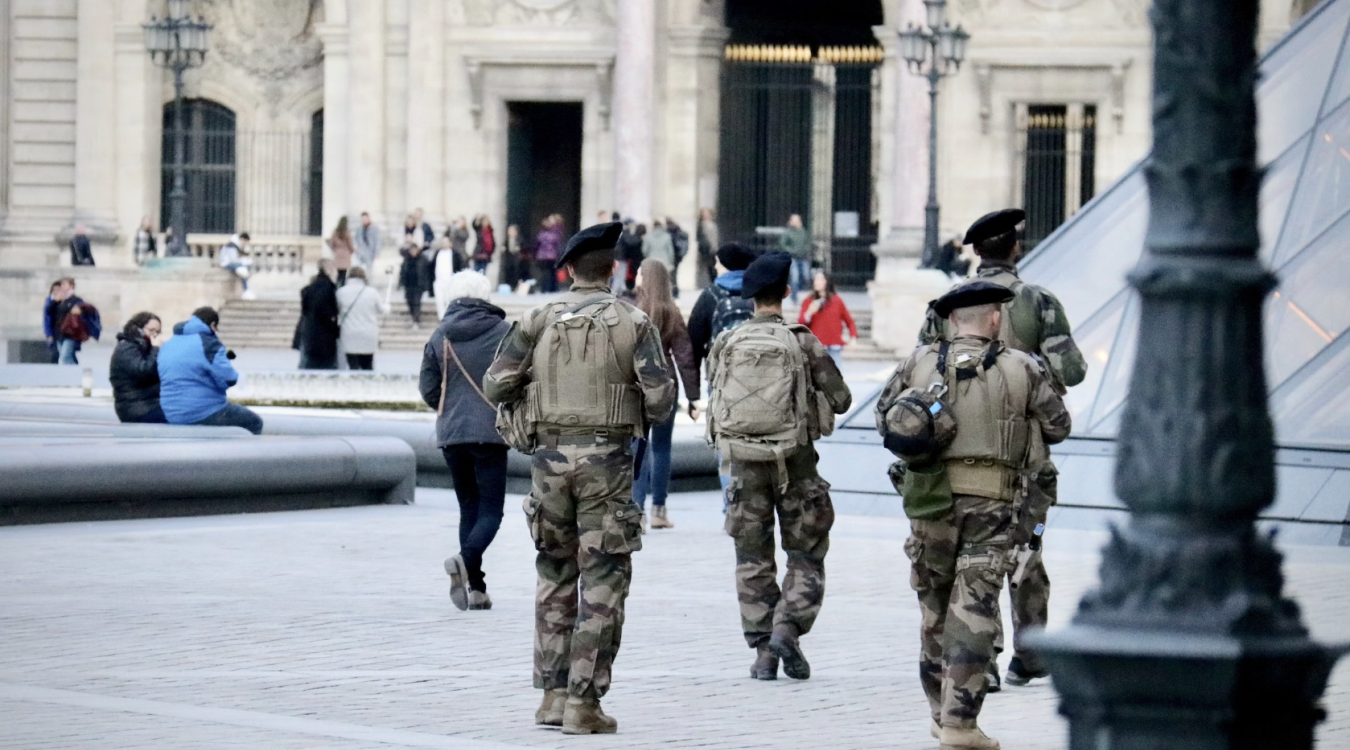Terrorism and Foreign Fighters
- Date: 23 May
- Time: 10:30 - 12:00
- Location: Anna van Buerenplein 301, Room 2.21 (Auditorium)

Terrorism and Foreign Fighters
The phenomenon of returning foreign fighters (RFFs), a term that can be broadly defined as encompassing prospective returnees from places where terrorist groups are active as well as actual returnees, has created a number of challenges for states as well as international organisations. The RFFs phenomenon triggers legal, moral and security concerns at the horizontal level (i.e. the relationship between states) and at the vertical level (i.e. the relationship between States and individuals). Although the foreign fighters phenomenon is not a uniform movement, as it includes a broad range of actors, motivations, ideologies, and encompasses movements from and to many parts of the world, this lecture will mainly focus on the return of individuals from Syria and Iraq to Western countries. We will zoom in on how international organizations, in particular the United Nations, has encouraged legislative proliferation to criminalize the fact of traveling to areas where terrorist groups are active. We will critically examine the criminal law responses and the new offences which were created, as a result of this international impulse, to make sentencing possible for individuals who have travelled or planned to travel to areas where terrorist groups were active. We will focus on the lack of individualization of sentences and their enforcement at the expense of social reintegration.
This talk builds on the co-edited book (by editors Francesca Capone, Christophe Paulussen and Rebecca Mignot-Mahdavi) Returning Foreign Fighters: Responses, Legal Challenges and Ways Forward, which zooms in on the often rapid responses by the international community and individual states to returning foreign fighters and their families, focusing on returnees from Syria and Iraq to European countries. It also addresses the fate of family members of perpetrators of violence, and the threat posed to European or other nations by conflict-hardened returnees who would need care and rehabilitation, but who might also constitute a genuine security threat to others.
Biography of Speaker
Dr. Rebecca Mignot-Mahdavi is Lecturer in International Law and Security at the University of Manchester and the Public International Law/International Law & Security LLM Programme Director. She is an Editor for the Legal theory section of the Leiden Journal of International Law and a co-lead of the ESIL Interest Group on International Law and Technology. Her book, Drones and International Law: A Techno-Legal Machinery is forthcoming with Cambridge University Press (May 2023). Rebecca holds a PhD from the European University Institute and the École des Hautes Études en Sciences Sociales.
Rebecca’s research is situated in the field of digital security law and governance. It reflects on techno-legal modes of governance and on evolving legal and policy capacity to deal with security threats, where new forms of transnational risk, risk-anticipation strategies and technology are in play. Her expertise in public international law, international legal theory, fundamental rights and criminal law allows her to explore these techno-legal phenomena comprehensively, beyond rigid disciplinary boundaries.
Biography of Convenor
Otto Spijkers is a Lecturer at the Faculty of Governance and Global Affairs of Leiden University College. He is also university lecturer at Amsterdam University College (AUC), where he teaches a course on International Law. Before joining the LUC and AUC, Otto was professor of international law at Wuhan University’s China Institute of Boundary and Ocean Studies as well as its Research Institute of Environmental Law. He is still managing editor of the Chinese Journal of Environmental Law. Prior to joining Wuhan University, he worked at the Utrecht Centre for Water, Oceans and Sustainability Law and Netherlands Institute for the Law of the Sea of Utrecht University, Netherlands. He wrote his doctoral dissertation, entitled The United Nations, the Evolution of Global Values and International Law, at the Grotius Centre for International Legal Studies of Leiden University.
Registration is not necessary. For more information, feel free to send an email to o.spijkers@luc.leidenuniv.nl. The lecture is part of the courses on Global Security and Collective Action and Sovereignty and Statehood. All other LUC students and staff are cordially invited to join us.
Anna van Buerenplein 301, Room 2.21 (Auditorium)
Anna van Buerenplein 301
2595 DG The Hague Sign Up

